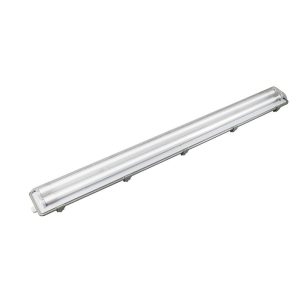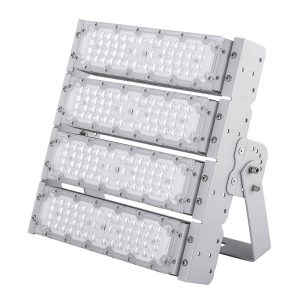LED 260nm: A Cutting-Edge Technology in the Lighting Industry
Introduction to LED 260nm
LED 260nm, also known as ultraviolet LED, has become a cutting-edge technology in the lighting industry. It emits light at a wavelength of 260nm, which is beyond the visible spectrum. This type of LED has a wide range of applications, including UV curing, sterilization, and scientific research. In this article, we will explore the characteristics, advantages, and applications of LED 260nm.
Characteristics of LED 260nm
LED 260nm has several unique characteristics that set it apart from other types of LEDs. Firstly, its emission wavelength is 260nm, which is in the ultraviolet range. This makes it suitable for applications that require ultraviolet light. Secondly, LED 260nm has a high luminous efficiency, which means it can emit more light with less energy consumption. Thirdly, it has a long lifespan, which reduces the maintenance cost and environmental impact.
Advantages of LED 260nm
LED 260nm offers several advantages over traditional lighting technologies. Firstly, it has a high energy efficiency, which means it consumes less energy than traditional lighting sources. This not only reduces energy costs but also helps to reduce greenhouse gas emissions. Secondly, LED 260nm has a long lifespan, which means it can last for many years without the need for replacement. This reduces maintenance costs and environmental impact. Lastly, LED 260nm is environmentally friendly, as it does not contain harmful substances such as mercury.
Applications of LED 260nm
LED 260nm has a wide range of applications in various industries. Some of the most common applications include:
1. UV curing: LED 260nm is widely used in the printing industry for UV curing of inks and coatings. It provides fast curing speed and high quality, which improves the production efficiency and product quality.
2. Sterilization: LED 260nm can be used for sterilization purposes in medical, food, and water treatment industries. It effectively kills bacteria, viruses, and other microorganisms, ensuring a safe and hygienic environment.
3. Scientific research: LED 260nm is used in scientific research for various purposes, such as DNA sequencing, protein analysis, and material characterization. Its high energy and short wavelength enable researchers to study the properties of materials and biological samples in detail.
4. Industrial processing: LED 260nm is used in the manufacturing industry for curing adhesives, bonding, and surface treatment. It provides a high-quality and efficient curing process, which improves the quality and durability of products.
Market Trends and Future Outlook
The market for LED 260nm is rapidly growing due to its numerous applications and advantages. The increasing demand for energy-efficient and environmentally friendly lighting solutions is driving the market growth. Moreover, advancements in LED technology are expected to further enhance the performance and lifespan of LED 260nm.
In the future, the following trends are expected to shape the LED 260nm market:
1. Increased adoption in various industries: As more industries recognize the benefits of LED 260nm, its adoption is expected to grow significantly.
2. Technological advancements: Continuous research and development efforts are expected to lead to the development of more efficient and cost-effective LED 260nm products.
3. Expansion of application areas: New applications for LED 260nm are likely to emerge, further expanding its market potential.
4. Increased competition: The growing market for LED 260nm is expected to attract more players, leading to increased competition and innovation.
Conclusion
LED 260nm has emerged as a cutting-edge technology in the lighting industry, offering numerous advantages and applications. Its high energy efficiency, long lifespan, and environmental friendliness make it an attractive option for various industries. As the market continues to grow, advancements in technology and increasing adoption are expected to further solidify its position as a key player in the lighting industry.













Explore More from Queendom Lamp
Stay updated with the latest LED technology, lighting solutions, and industry insights.
Request a Quote About Queendom